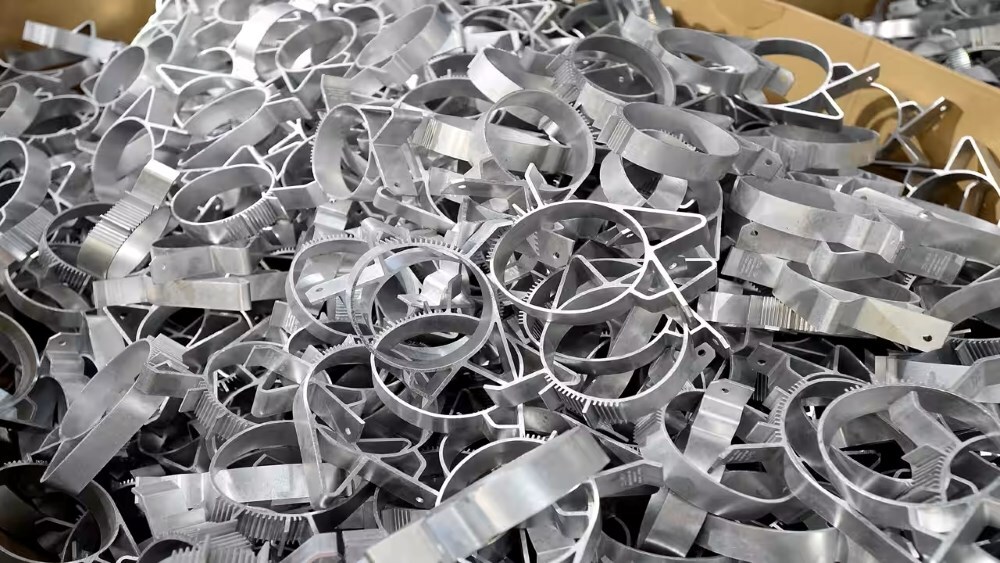

The apex body for India’s mining sector, the Federation of Indian Mineral Industries (FIMI), recently shared its key recommendations for the Ministry of Finance, before the Union Budget 2026-27. These recommendations by FIMI indicate the pressing need for policy intervention in order to safeguard the domestic aluminium industry.

The recommendations made by the federation include the increas of basic customs duty levied on primary aluminium and aluminium downstream products to 15 per cent. The aim is to curb the sharp rise in aluminium imports and safeguard the Indian manufacturing scenario. Currently, the Indian manufacturing base is facing a menace due to the rise in imports from nations with surplus aluminium, which is affected by the tariffs and non-tariff protectionist measures imposed on aluminium.
Other measures to protect domestic production market
FIMI has highlighted the running investments for the Indian aluminium capacity, which is estimated to be more than INR 1.5 lakh crore. An additional investment of INR 1.6 lakh crore has been allocated to raise the domestic primary aluminium production to 7.2 MTPA by FY30 and approximately to 9 MTPA by FY33. These investments are expected to create job opportunities for over 8 lakh people (both direct and indirect), and uphold the ongoing Government vision, “Viksit Bharat”, by developing a strong supply chain in the indigenous market.
Rising concern about low-quality aluminium scrap imports
In recent years, India’s imports of aluminium have significantly risen, especially from countries like China, ASEAN nations, the Middle East and Russia. Moreover, irrespective of a good supply flow within the domestic market, 55 per cent of the nation’s aluminium demands are fulfilled via imports in FY26. This is why the federation has also expressed its concern about the rising inflow of aluminium scrap within the country.
Also read: India: Imported aluminium scrap prices inch up w-o-w; market expected to improve in early Nov'25
As of now, India has emerged as the top country in terms of aluminium scrap imports, mainly due to the unavailability of BIS standards and the quality required for conducting efficient recycling. As a result, low-quality scrap from the UAE, USA, UK and EU is diverted within the Indian territory. Keeping this in mind, the federation has urged setting up quality standards which would be in line with the aluminium scrap with the country’s Aluminium Vision Document.
Addressing the cost pressure
Adhering to the rising cost pressure, the federation has proposed to reduce the customs duties applied on the critical raw material required in aluminium production. Due to the increasing cost of the raw materials, the Indian aluminium producers are being subject to higher production cost, various taxes and cesses, higher logistic fare, electricity duty and inverted duty structure.
Despite India receiving the advantage of being one of the largest countries to hold bauxite and coal reserves, the domestic aluminium producers are facing extensive high costs, which is deemed to remain among the highest globally. Moreover, the country faces 17 per cent of taxes and duties marking up the production cost, which is slowing down the sector’s growth.
FIMI has pleaded with the government to take these recommendations into consideration for unlocking the vital potential of the country within the metals and minerals sector. The federation has further stated that after implementation of these recommendations, the industry can revive mining activities, encourage exports among the producers and attract good investments. This shall further support the country to attain the goal of “Make in India” and the “Atmanirbhar Bharat.”
Explore- Most accurate data to drive business decisions with 50+ reports across the value chain
Responses








